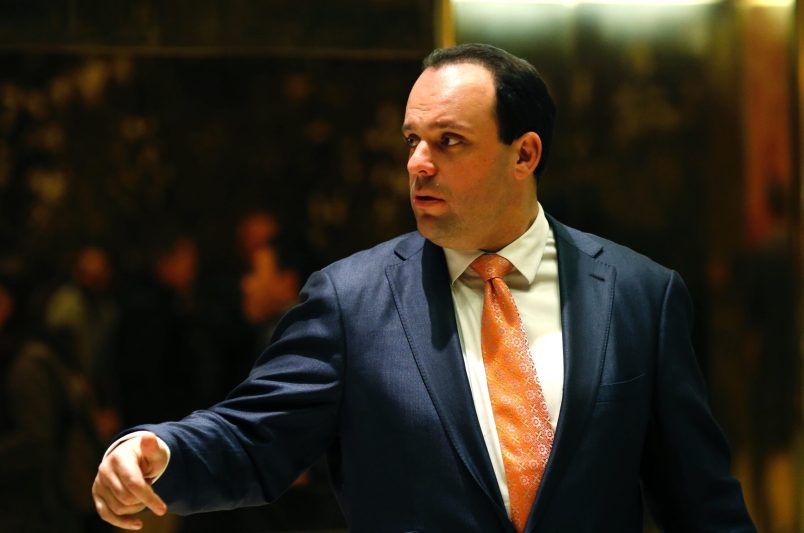Some military jets are equipped with the ability to toss off a cluster of flares in mid-flight to throw off heat-seeking missiles. I think that’s what Ari Fleischer and the White House were doing yesterday when they admitted that the president’s State of the Union claims about Iraq buying uranium in Africa were wrong.
Yesterday, I posted portions of Fleischer’s remarks from Monday morning’s press gaggle in which he got awkwardly tripped up in questioning about the Niger-uranium issue and promised a definitive answer later in the day.
That statement went out in dribs and drabs overnight and the Times and the Post have stories on it on their websites today.
But let’s look at what the White House is saying. In essence, they’re saying that the Niger documents were forgeries. But then, we already knew that. Indeed, the White House has conceded this for months. Sometimes publicly; sometimes privately. Here’s what they’re saying now, according to the Post: “Knowing all that we know now the reference to Iraq’s attempt to acquire uranium from Africa should not have been included in the State of the Union speech.”
But, of course, the real issue is that there is at least very strong circumstantial evidence that knowing what they knew then, the Uranium hocum never should have been put into the speech either. This is a classic case of trying to jump out ahead of a story by conceding a point that no one is actually disputing in the first place.
Now, there is one small admission here that’s worth noting. Up until now, the White House has often implied that, though Niger-uranium documents were bogus, there was other intelligence that justified the claims about uranium purchases in Africa. Last month, NSC spokesman Sean McCormack said: “Those documents were only one piece of evidence in a larger body of evidence suggesting that Iraq attempted to purchase uranium from Africa. The issue of Iraq’s pursuit of uranium in Africa is supported by multiple sources of intelligence. The other sources of evidence did and do support the president’s statement.”
This was always one of the most intriguing elements of the White House’s defense. Because they seemed to be referring to intelligence so top-secret and rarefied that they couldn’t even share it with the CIA or other members of the intelligence community. It was so top-secret that only the president’s speech writers had sufficiently high security clearances to see it. That was the story on some days. On others, the other intelligence seemed to be the ‘dossier’ published by the British — which of course was based on the same bogus Niger documents.
Whatever the case, the ‘other intelligence’ line no longer seems to be operative.
According to the White House’s statement last night, quoted in the Times: “There is other reporting to suggest that Iraq tried to obtain uranium from Africa. However, the information is not detailed or specific enough for us to be certain that attempts were in fact made.” A “senior administration official” told the Post that there were “possible attempts” by Iraqis to buy uranium in Namibia and Gabon but that those reports “were all somewhat sketchy.”
(I translate this roughly as: “It’s not true that we had no other information. We had some. But it was information so fragmentary, questionable and meaningless that we’d really just as soon not go into it.” Further translation: according to the distinct recollection of Ahmed Chalabi’s brother’s butler …)
The new White House line leaves just as many unanswered questions as before. Did the White House know the CIA had reported that the story was bogus or not? If they didn’t know there were problems with the Niger documents, why the big fuss about hanging the allegations on what the Brits said? And if they did know about the problems with the Niger documents, why use the Brits’ report as a fig leaf, when their claims were based on the same Niger documents the CIA — i.e., our lead intelligence agency — had already decided were bogus? Who approved putting it in the speech in the first place and was that line run by intelligence officials or not?
Both the Times (David Sanger) and the Post (Walter Pincus) have stories on these latest developments today. But surprisingly, Pincus doesn’t get into any of the obvious questions which the new White House line poses. Sanger’s piece goes much further and asks a lot of those questions.
Maybe I shouldn’t be surprised that Sanger’s piece is more aggressive and incisive. He, after all, was the ‘David’ who Fleischer was sparring with in yesterday’s interchange.






